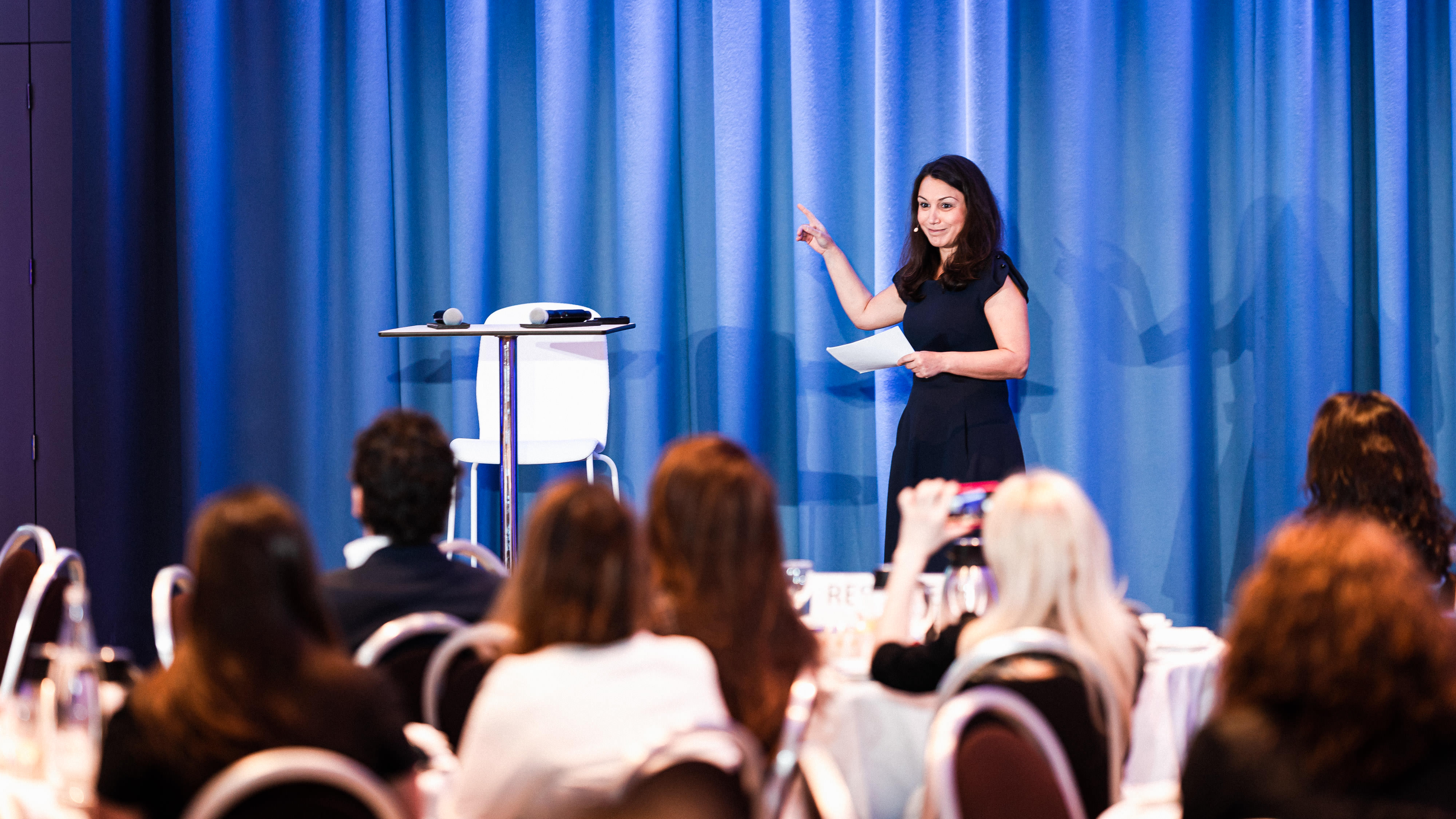
Cardiology has long been seen as a male dominated environment – especially the field of interventional cardiology. But as time goes by, more and more women cardiologists are practicing all over the world and these cardiologists have a voice, a strong one. Support networks are springing up, often with their origins in social media, such as Women in Cardiology (#WIC) and Women as One, as well as professional organisations, who are creating their own gender focused cardiology groups, such as the EAPCI Women’s Committee in Europe or the ACC Women in Cardiology Council in the US.
However, the fact remains that women are still underrepresented in interventional cardiology wherever you look at it in general and compared to other medical specialties. Data from around the world paints an unbalanced picture:
- In the UK, there are fewer than 300 female consultants working in cardiology[1]
- In Australia, only 15 per cent of cardiologists are female[2]
The data is also particularly negative when it comes to female cardiologists and leadership:
- Only 30 per cent of female cardiologists hold leadership positions in Europe1
- In a 2014 US analysis, women were less likely than men to be full professors in cardiology2
Not only is this an issue in terms of career development for women, but research also demonstrates that a lack of diversity in medicine can in fact impact negatively upon patient outcomes. A 2018 study reported that female patients with acute myocardial infarction (MI) had higher mortality when treated by a male doctor than a female HCP.[3] Another study showed that women are up to 50 per cent more likely to receive a wrong diagnosis when having a heart attack - a huge amount who are not getting the right diagnosis and subsequent treatment for what can be a fatal event[4]. From a clinical perspective too, sometimes women would prefer to be treated by a doctor of the same gender and feel more comfortable discussing symptoms this way.
These examples clearly show that gender is an important, if not vital, element of patient care, and for the cardiology community, it felt like a critical time to try and address some of the issues and improve the care of women from a cardiology perspective across the EMEA region.
Commitment to Diversity, Equity & Inclusion
Our mission to advance science for life inspires us to have an impact in our industry, increasing women physicians’ outreach to ultimately achieve even better patient outcomes. With the work that has been done internally under diversity, equity and inclusion, we wondered about if it would be possible to support women in the cardiology community with our learnings to date.
Following a chance conversation one of our Cardiology division directors had with a woman cardiologist at a conference about the issues she was facing in advancing her career, the idea of creating an official group to support women in cardiology was born. We decided to put what we had learned internally, such as listening to our colleagues and bringing together groups to discuss key topics, into practice with our healthcare professional partners, starting with bringing a group together for an advisory board in November 2021.
Seeing as at this time, the world was still in the midst of the pandemic and unable to meet face to face, the first advisory board of women cardiologists from around the Europe, Middle East and Africa region was held virtually, focused on tackling the key topics of diversity, equity and inclusion in the workplace and how women could start to make a difference. The starting point for all present was the serious underrepresentation of women in interventional cardiology and lack of women following cardiology as a career path in medicine.
“Being part of the women in cardiology network has been a wonderful experience, which I have really gained a lot from,” noted Dr Valeria Paradies, interventional cardiologist, Maasstad Hospital, Rotterdam, the Netherlands and EAPCI chair Gender and Disparities Committee. “It has been wonderful to have this supportive and safe space to discuss our own experiences, learn from some highly respected and recognised women cardiologists who have paved the way for the younger generation and be able to have our say on what would help our community. Though we still have a way to go, we do have a lot to look forward to in 2023.”
Successes so far
One specific success story was a summer webinar, organised in conjunction with the European Association of Percutaneous Cardiovascular Interventions (EAPCI) and focused on how to overcome professional barriers in interventional cardiology. Over 200 cardiologists attended to hear Dr Valeria Paradies, male ally professor Mamas Mamas and Dr Alaide Chieffo, president elect of EAPCI, who spoke about key topics including the importance of role models, closing the industry gap and practical ways to create a more inclusive environment. The webinar can be viewed here.
“Setting up this network and watching this group of wonderful healthcare professionals share their experiences and learn from each other has been very special,” said Debby Penserini, Boston Scientific co-lead for Diversity and Inclusion EMEA and one of the founders of the group. “We’ve had women cardiologists join our events from many countries across the world including Brazil, India and Georgia, as well as all over Europe. It doesn’t matter where they have been based though, as all have been able to share their stories and provide each other with advice and practical guidance on all kinds of topics related to advancing their careers and supporting patients. I’m very proud of what we’ve achieved so far and more is to come in 2023.”
For more information or to join the Boston Scientific Women in Cardiology network, email WomenCardioNetwork@bsci.com.